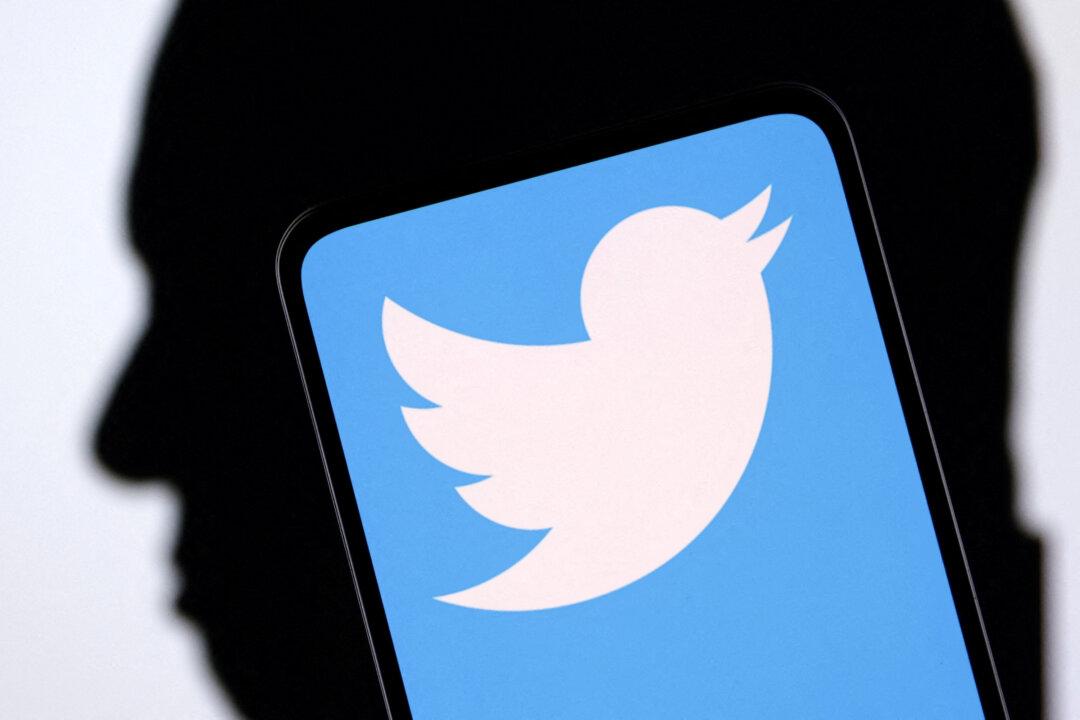A series of tweets by investigative reporter Matt Taibbi has revealed how Twitter came under the influence of American intelligence agencies after concerns about foreign influence put the company under the spotlight.
Until August 2017, Twitter was not on many people’s radars with regard to the Trump–Russia foreign influence scandal. In September that year, Twitter informed the Senate that its cursory review led to the suspension of 22 possible Russian accounts as well as 179 accounts possibly linked to the initial set of accounts. Senator Mark Warner (D-Va.), who was the ranking Democrat on the Intelligence Committee at the time, called Twitter’s report “frankly inadequate on every level.”





